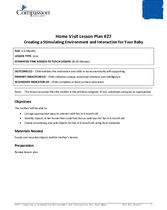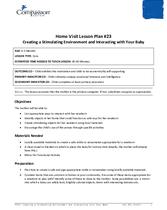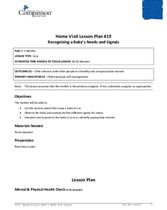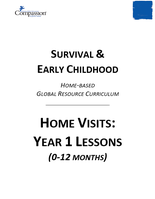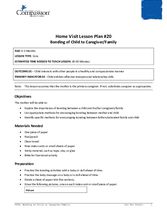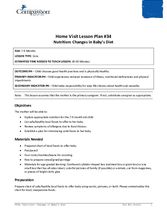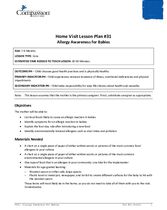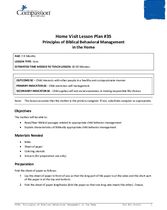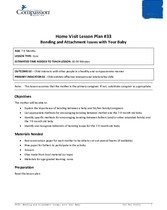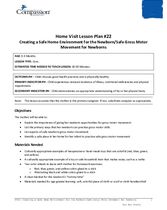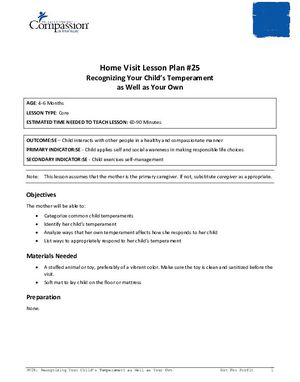
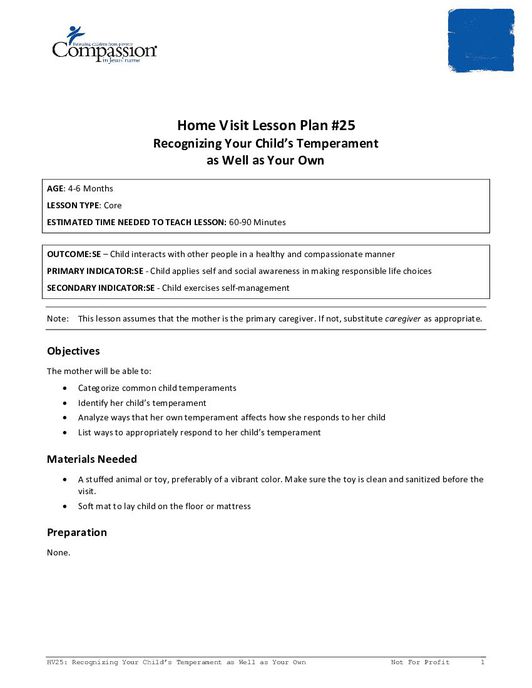
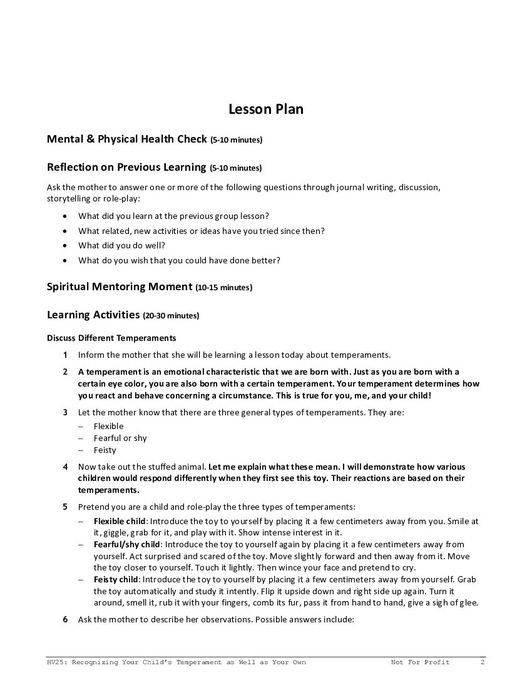
You must be a member of the ForChildren.com community to download resources. Click the buttons below to sign in or sign up!
| Category | Socio-Emotional Development |
The lesson “Recognizing your Child’s Temperament as Well as Your Own” helps caregivers understand the various emotional characteristics of people and identify which ones their child possesses. Through a series of questions about leadership and dealing with change or challenges, etc., the lesson encourages a caregiver to reflect on her own temperament. The lesson also helps the caregiver think through the interplay of her child’s temperament and her own, which helps her foster healthy interactions with her child.
